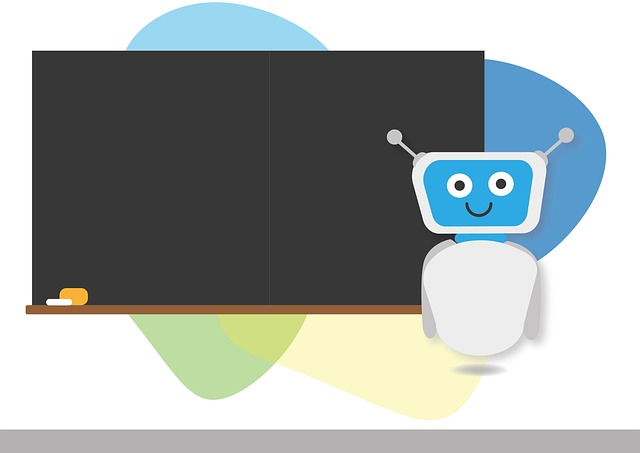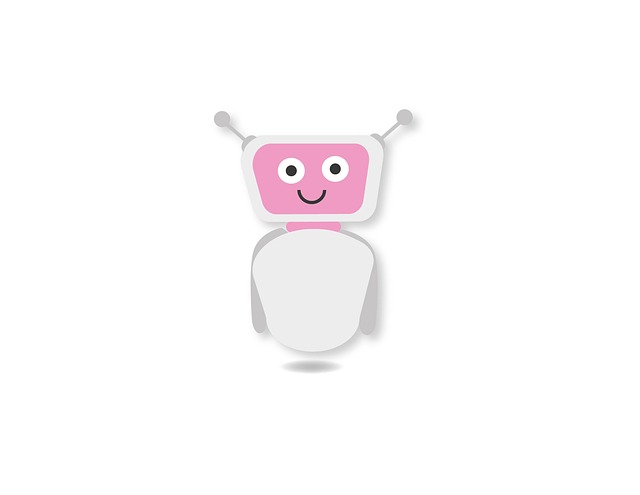
Using AI Chatbots for Therapy and Health Advice: What Experts Want You to Know
Artificial intelligence (AI) chatbots have rapidly integrated into various aspects of daily life, offering assistance in tasks ranging from scheduling appointments to providing customer service. In recent years, their application has expanded into the realm of mental health support and medical guidance. While this innovation promises increased accessibility and convenience, experts caution against relying solely on AI chatbots for therapy or health advice. This article delves into the key considerations and potential risks associated with using AI chatbots in these sensitive areas.
The Rise of AI Chatbots in Healthcare

AI chatbots are designed to simulate human-like conversations, providing users with immediate responses to their inquiries. In the context of healthcare, these chatbots can offer information on symptoms, suggest lifestyle changes, and even deliver therapeutic exercises. Their 24/7 availability and cost-effectiveness make them an attractive option for individuals seeking support outside traditional clinical settings.
Benefits of AI Chatbots in Mental Health Support
Enhanced Accessibility

AI chatbots can bridge the gap for individuals in underserved areas or those facing barriers to accessing traditional mental health services. They provide a platform for users to express concerns and receive guidance without the need for appointments or travel.
Immediate Response

The instant nature of AI chatbot interactions allows users to seek support at any time, which can be particularly beneficial during moments of acute distress.
Anonymity and Reduced Stigma

For some individuals, interacting with a chatbot offers a sense of anonymity, reducing the stigma often associated with seeking mental health support.
Risks and Limitations of AI Chatbots in Healthcare
Inaccurate or Harmful Information

AI chatbots can sometimes provide incorrect or misleading advice, a phenomenon known as "hallucination." This can lead to users making decisions based on false information, potentially resulting in harm. For instance, a 60-year-old man was advised by ChatGPT to replace salt with sodium bromide, a toxic substance, leading to poisoning and a psychotic state. (pbs.org)
Lack of Emotional Intelligence

While AI chatbots can process language patterns, they lack genuine emotional understanding and empathy, which are crucial components of effective mental health support. This deficiency can result in responses that are tone-deaf or inappropriate to the user's emotional state.
Potential for Dependency

Excessive reliance on AI chatbots for emotional support may lead to social isolation and a reduced willingness to seek help from human professionals. Users might develop an unhealthy attachment to the chatbot, substituting it for real human interaction.
Ethical and Privacy Concerns

The use of AI chatbots raises significant ethical questions, particularly regarding data privacy and consent. Users may unknowingly share sensitive personal information, which could be misused or inadequately protected.
Expert Recommendations for Using AI Chatbots in Healthcare
Use as a Complement, Not a Replacement

Experts suggest that AI chatbots should be viewed as tools to complement, not replace, traditional healthcare services. They can provide preliminary information or support but should not be relied upon for comprehensive medical or psychological advice.
Ensure Transparency and Disclosure

Developers should clearly disclose the capabilities and limitations of AI chatbots, ensuring users understand that they are interacting with a machine and not a human professional.
Prioritize Data Privacy

Robust measures must be implemented to protect user data, including encryption and secure storage, to maintain trust and comply with privacy regulations.
Monitor and Regulate AI Chatbot Interactions

Continuous monitoring of AI chatbot interactions is essential to identify and address any instances of harmful advice or "hallucinations." Regular updates and improvements can enhance the reliability and safety of these tools.
Conclusion

AI chatbots hold significant potential in enhancing access to mental health support and medical information. However, it is imperative to approach their use with caution, ensuring they serve as supportive tools rather than substitutes for professional care. By adhering to ethical guidelines, prioritizing user safety, and maintaining transparency, AI chatbots can be integrated into healthcare in a manner that benefits users without compromising their well-being.
Further Reading
For more insights into the challenges and ethical considerations of AI in mental health, consider exploring the following articles:
By staying informed and critically evaluating the role of AI chatbots in healthcare, individuals can make empowered decisions about their mental health and well-being.